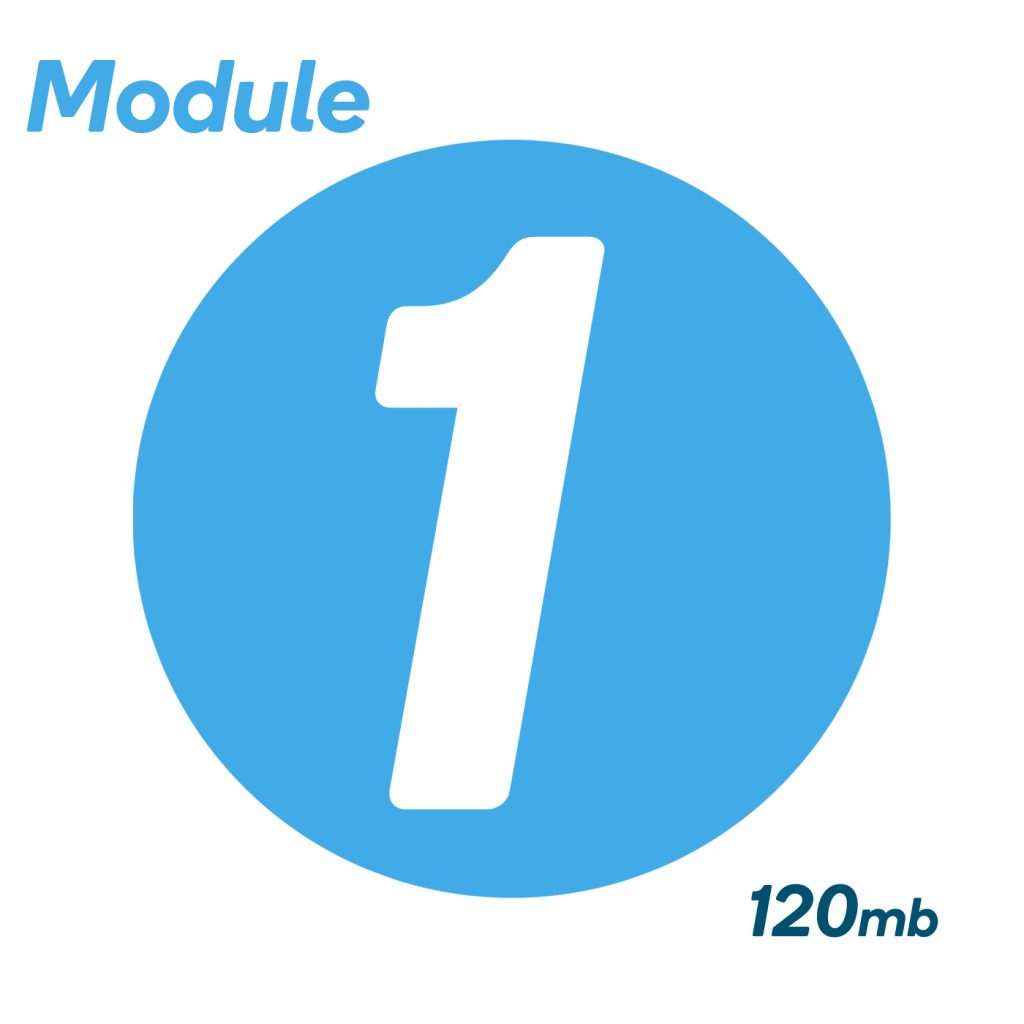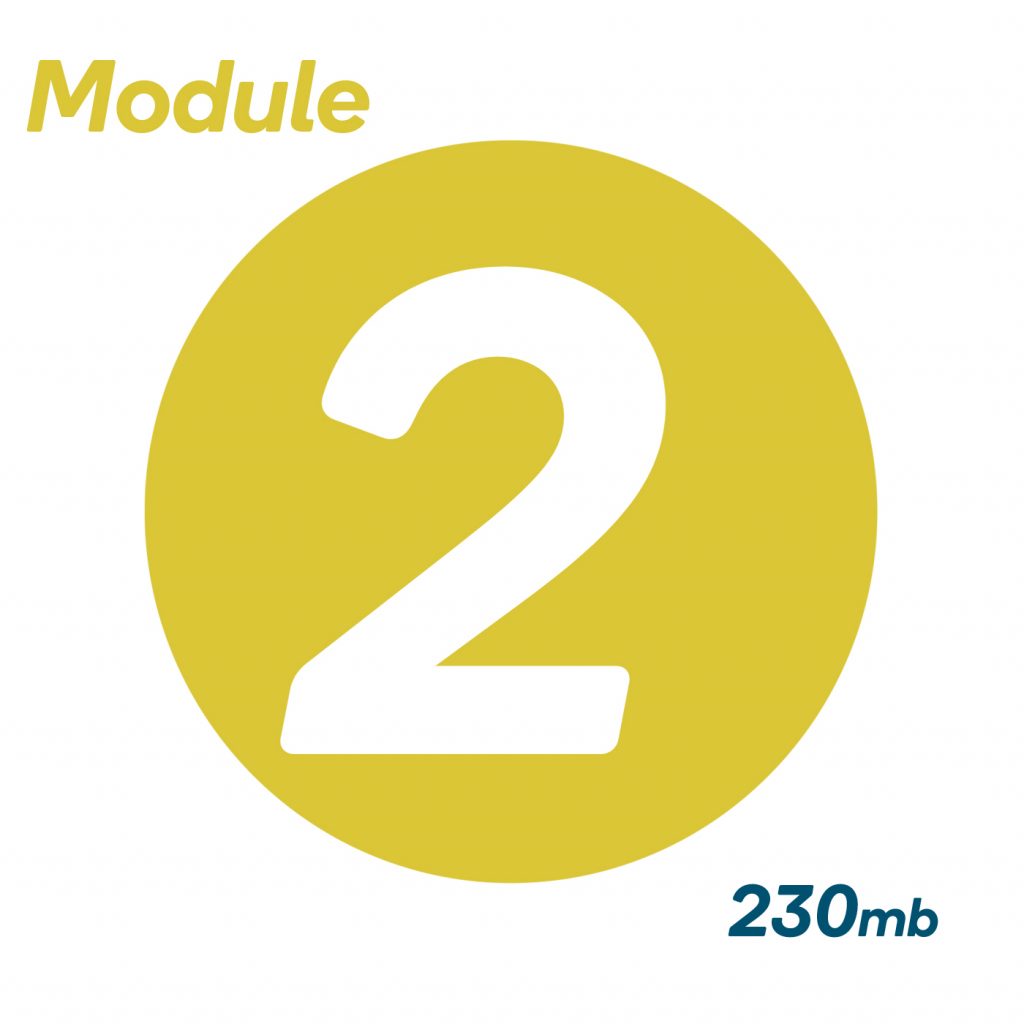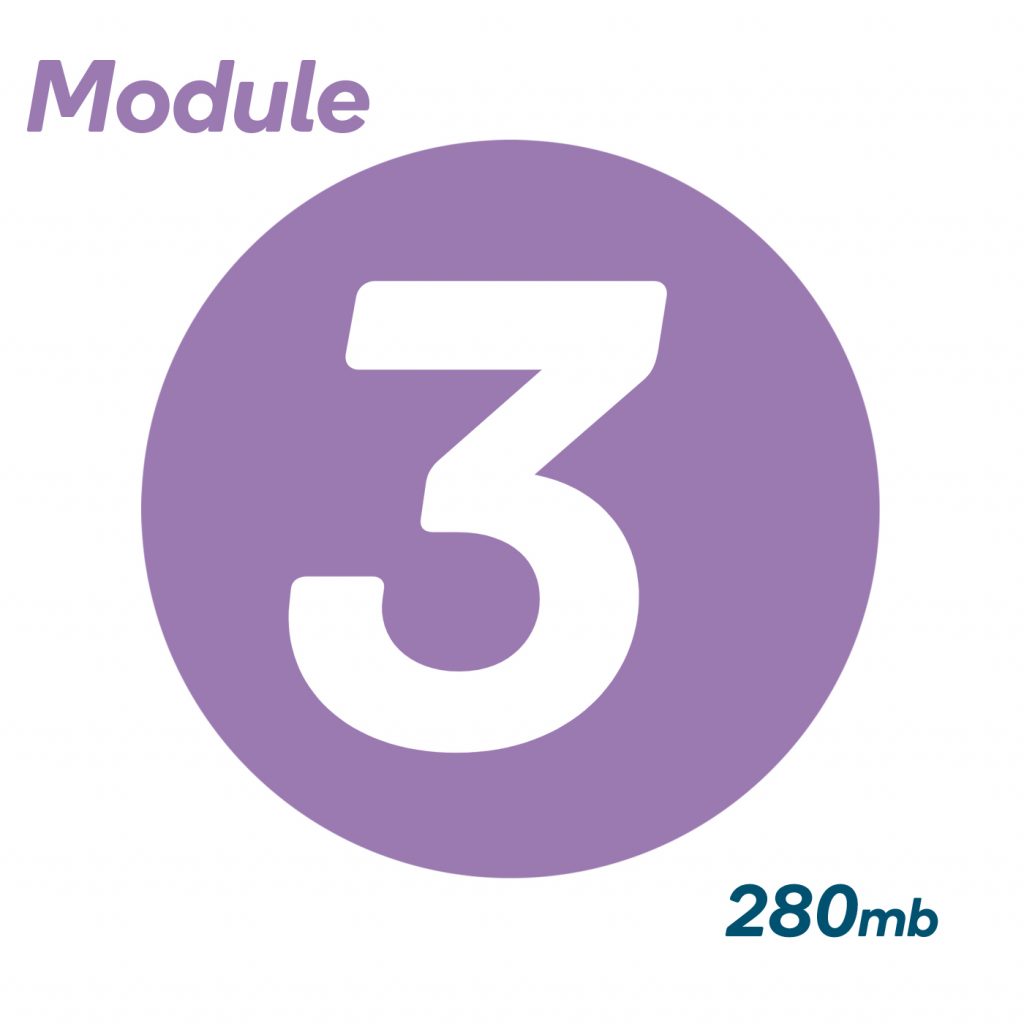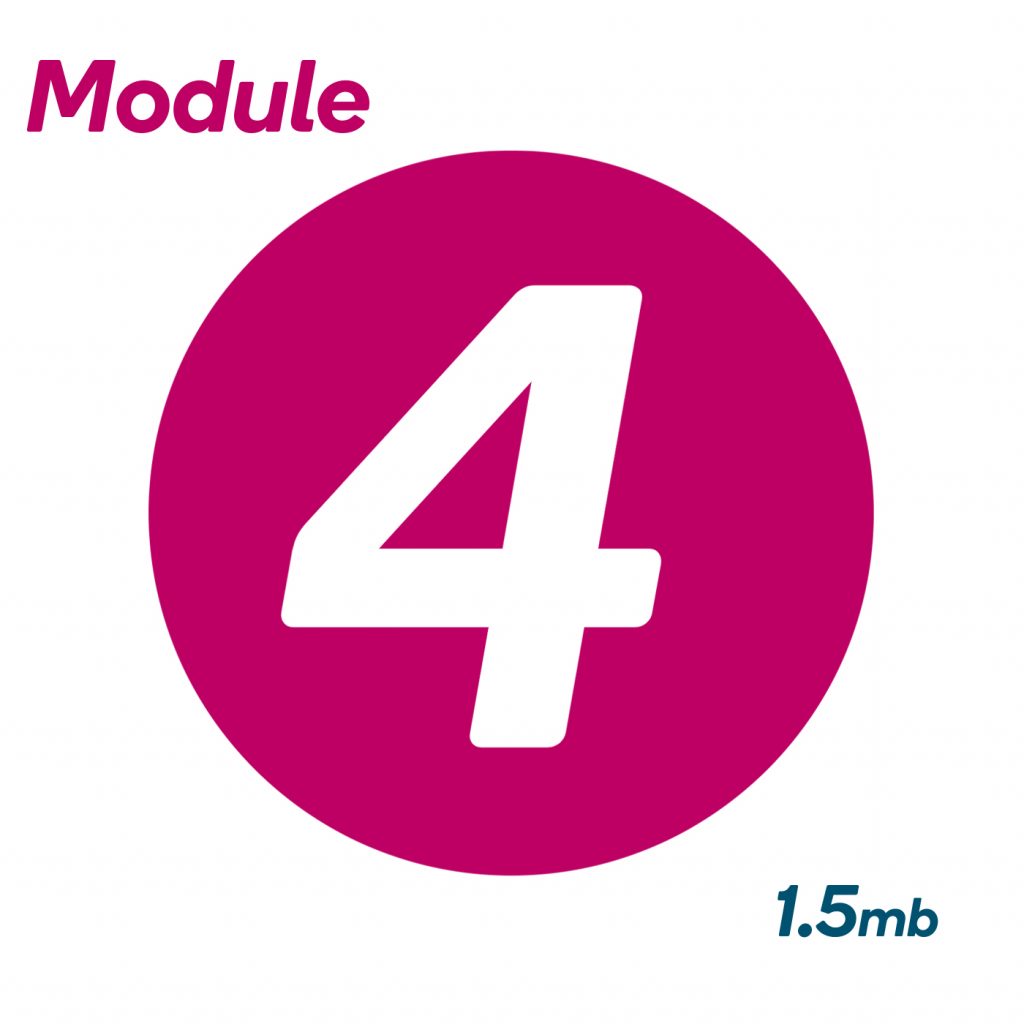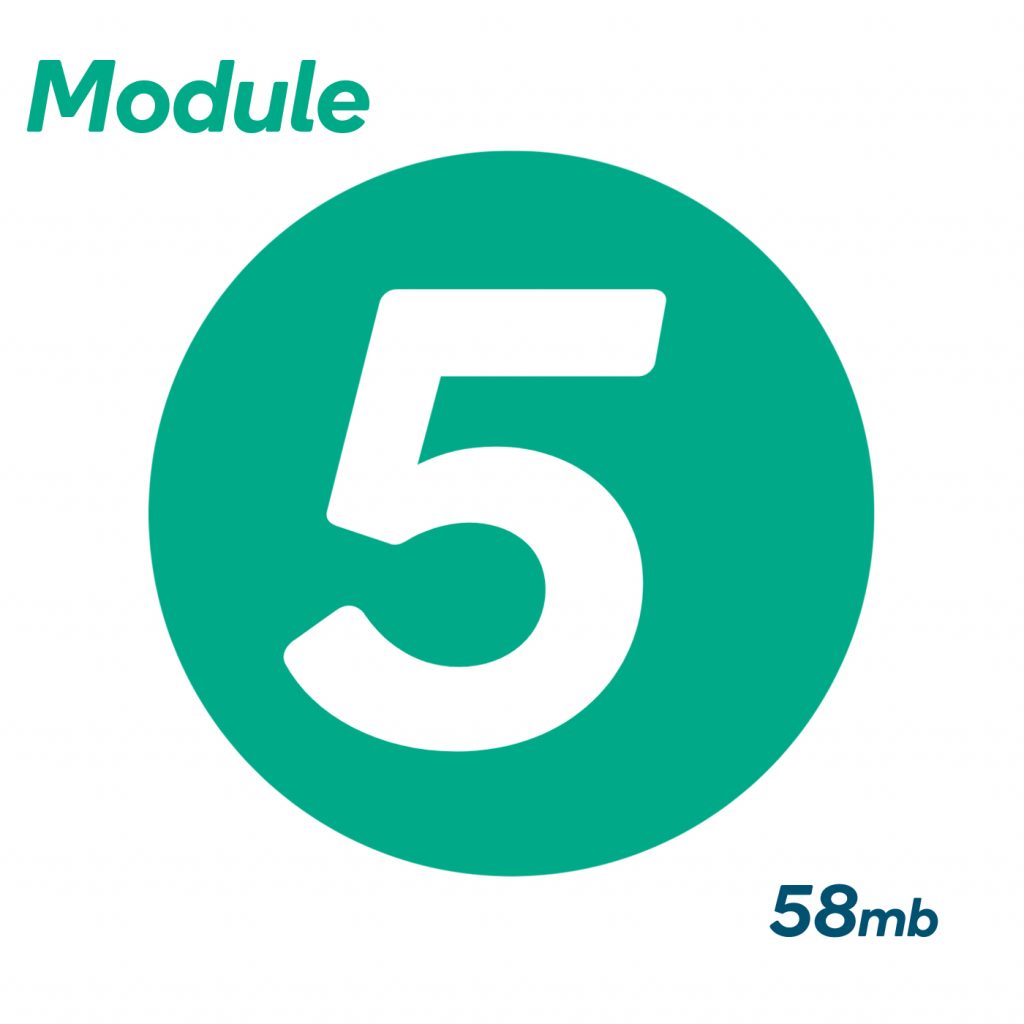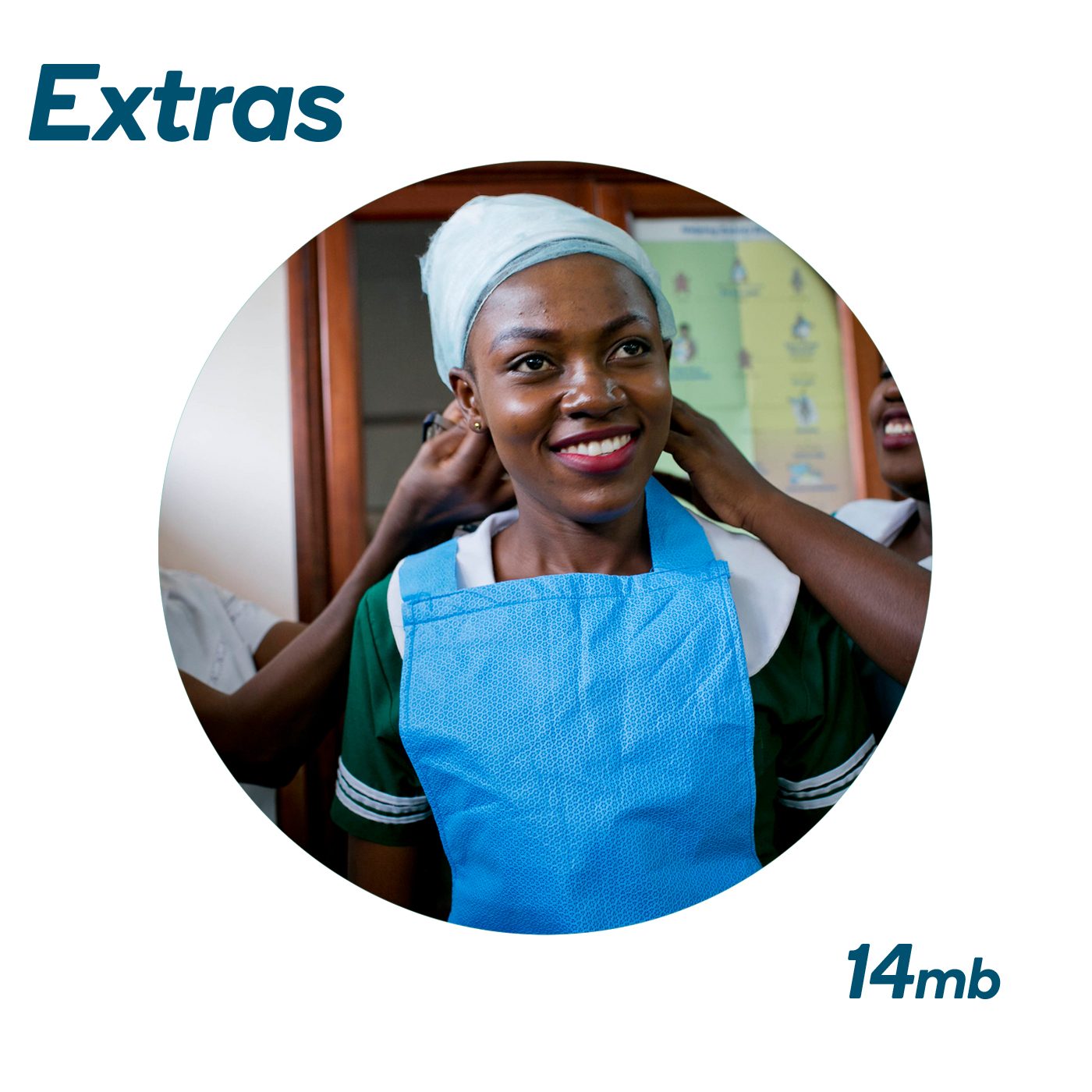Women’s Rights Are Human Rights
All women and girls—regardless of what country they live in, their ethnicity, socioeconomic status or role in society—deserve to live healthy, safe and empowered lives.
Jhpiego works to transform harmful gender norms that inhibit people from accessing health information and services. Gender inequality limits the use of contraceptive methods and women’s ability to decide if, when and how often to become pregnant. It reduces women’s ability to deliver safely in a health facility or with a skilled birth attendant and the ability to take a child to a health facility. Health services often exclude men, adolescents, unmarried clients and other marginalized groups.
Gender-Transformative Leadership: A Participatory Toolkit for Health Workers
Women make up 70% of the 200 million workers globally who contribute to the health and social sector, but women only hold 25% of leadership roles. What’s more, nearly half of women’s contribution to global health is informal or unpaid. Norms related to job choice, division of household responsibilities, working conditions, institutional policies, and the presence, or lack, of role models all contribute to gender segregation by occupation and women’s ability to advance professionally. Read our blog about gender-transformative leadership to learn more about the pressing need for gender equality in health systems and the communities they serve, then access all the toolkit resources below.
Download the toolkit pdf files here.Click each individual module below for videos and PowerPoint files.
Did You Know?
- Worldwide, 1 out every 3 women experiences gender-based violence.
- Women make up 70% of the global paid health workforce, yet they confront challenges not faced by their male counterparts that impact their job performance, compensation and career advancement.
- Globally, only 26% of seats in national parliaments are held by women.
In 2024, Jhpiego was recognized as a “very high performing” global health organization in advancing gender equality.
How We Make an Impact
Jhpiego is confronting the worldwide crisis of gender-based violence (GBV) in several ways. First, we introduce or improve the quality of GBV services at health care facilities and build skills of health care workers to offer high-quality GBV services. Second, we support health facilities to integrate appropriate GBV screening, treatment, counseling and referral into antenatal care and family planning services, and examine the impact of these GBV services on women. Third, we work to raise community awareness and dialogue about GBV to increase demand for these services, reduce stigma against survivors and link them to care, and engage whole communities in GBV prevention.
Jhpiego helps female health care workers overcome gender barriers in the workplace by empowering them and fostering supportive working environments. Likewise, we support female students in medical and paramedical schools by training clinical mentors at the schools on gender-sensitive teaching methods and approaches. We also integrate gender and leadership sessions into pre-service education for health care providers to empower them and help them be more gender-sensitive to clients. We have also worked with schools to create sexual harassment and pregnancy policies.
Although men play a key part in their own and their family’s health, they are often neglected in outreach and service delivery. For Jhpiego, addressing gender inequalities means not just working with women but with women and men together to question and change gender norms that result in negative decisions and impacts on health. To do this, we build the capacity of health care providers to engage men and work with their partners to decide on family size, create birth plans and encourage health facilities to allow women to bring their partners into the delivery room if they choose to do so. We also facilitate couple and community dialogues to transform harmful gender norms that act as barriers to positive health outcomes.
In many settings worldwide, gender inequalities and unequal power dynamics within the health care system, as well as negative attitudes of health care providers, impede respectful care for clients. Jhpiego helps health facilities take action to ensure that gender-sensitive, respectful services are provided to all clients. Through sensitization, skills building and mentorship of health providers and facility managers, we also help address gender-based discrimination. Finally, we are reinforcing health services to be nonstigmatizing or gender-discriminatory to adolescents, unmarried people, and nontraditional gender identities and sexual orientations.
When women and girls are empowered to make decisions about their bodies and families, studies show they are healthier, happier and more prosperous. Jhpiego works to combat inequalities that act as barriers to the best health outcomes for women and girls. Our projects provide young women and girls with life skills, comprehensive sexuality education and nonstigmatizing adolescent reproductive health services. We have also teamed up with partners to form community-based savings and loan groups that enable group members to start small businesses and increase their income, resulting in economic empowerment.
We have resources to foster gender equity in communities and countries worldwide.
Help Us Ensure a Gender-Equal World
We need your help to ensure women, men and other gender identities have safety and freedom from violence, access to health services, and so much more. Your generous gifts support our gender efforts across the globe.




